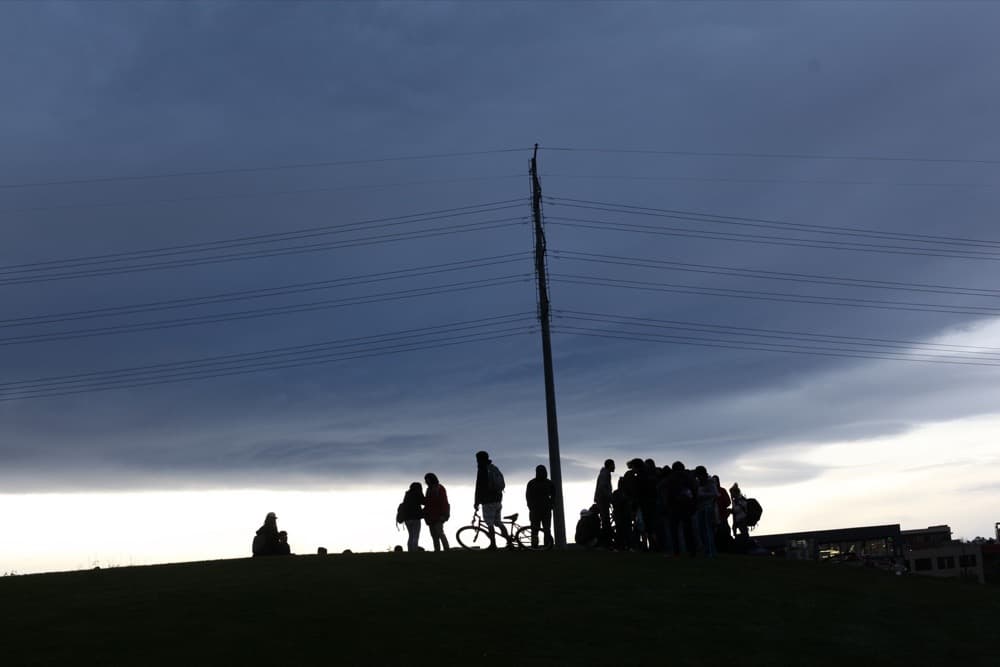Judge Clarisse Gonzales has dismissed a trespassing charge against a man accused of smoking marijuana in Commons Park and found that Denver's policy of banning suspected drugs users from parks is unconstitutional.
The ruling in county court does not stop Denver from continuing the policy, but ACLU of Colorado legal director Mark Silverstein hopes it will lead Denver to "close the book on this experiment."
Last August, Denver parks director Happy Haynes established a policy that allows police officers to immediately ban people from parks, without any hearing or chance to respond before the bans become effective.
People banned under the policy are allowed to appeal their bans, but that process can take up to 27 days. Violating the ban can result in criminal charges, as it did for Troy Holm.
An undercover police officer claimed to have seen Holm, 23, in possession of marijuana on the so-called Stoner Hill in Commons Park. Holm was given a document saying he was prohibited from coming back for three months. He allegedly came back three days later and was eventually charged with trespassing and violating the city ordinance.
Lawyers affiliated with the American Civil Liberties Union stepped in to defend Holm in court, winning the dismissal of his charges today.
The city issued about 40 of the bans, which last 90 days each, to people described as users of marijuana, IV drugs and crack-cocaine in various parks.
This policy gives police officers "unchecked discretion ... with a complete lack of any pre-deprivation due process," Gonzales wrote.
"By authorizing police to issue so-called suspension notices that immediately make it a crime to enter a public park, Denver attempted an end run around the Constitution and the Bill of Rights," said Silverstein, reading from a news release. "The court's ruling affirms a bed-rock policy of due process. The government cannot take away our rights without providing at a minimum notice of the accusation and a fair opportunity to defend against it."
We've reached out to the city for comment. "The next move is Denver's," Silverstein said.













